In today’s hyper-connected landscape, the phrase “business applications” is more than just industry jargon. It represents the very backbone of modern commerce, the invisible threads that weave together operations, insights, and customer interactions. But what exactly are these sophisticated tools, and how profoundly do they integrate with the rapidly evolving digital world? Let’s embark on a comprehensive exploration to demystify the true essence of business applications and their indispensable role in shaping contemporary enterprises.
The Core Concept What Business Applications Truly Are

At its fundamental level, a business application is a software program or a set of programs designed to perform specific functions for a business. Unlike generic software, these applications are tailored to meet the unique needs and processes of an organization, aiming to improve efficiency, productivity, and profitability. They are the digital equivalents of specialized tools, each crafted to address a particular challenge or streamline a specific workflow within a company.
Think of them as the operational architects of a digital enterprise. From managing vast inventories and complex supply chains to handling intricate financial transactions and nurturing customer relationships, business applications provide the digital infrastructure for an organization to function seamlessly. Their scope is incredibly broad, encompassing everything from standalone tools for a single department to integrated suites that manage an entire enterprise.
The evolution of these applications has been remarkable. What began as simple accounting software or word processors has blossomed into multifaceted platforms leveraging cutting-edge technologies. This continuous evolution is driven by the relentless pace of digital transformation, forcing businesses to adapt and adopt solutions that offer competitive advantages.
A Symphony of Solutions Diverse Types of Business Applications
The world of business applications is incredibly diverse, reflecting the myriad functions within any given organization. Understanding the different categories helps to grasp their individual contributions and their collective power.
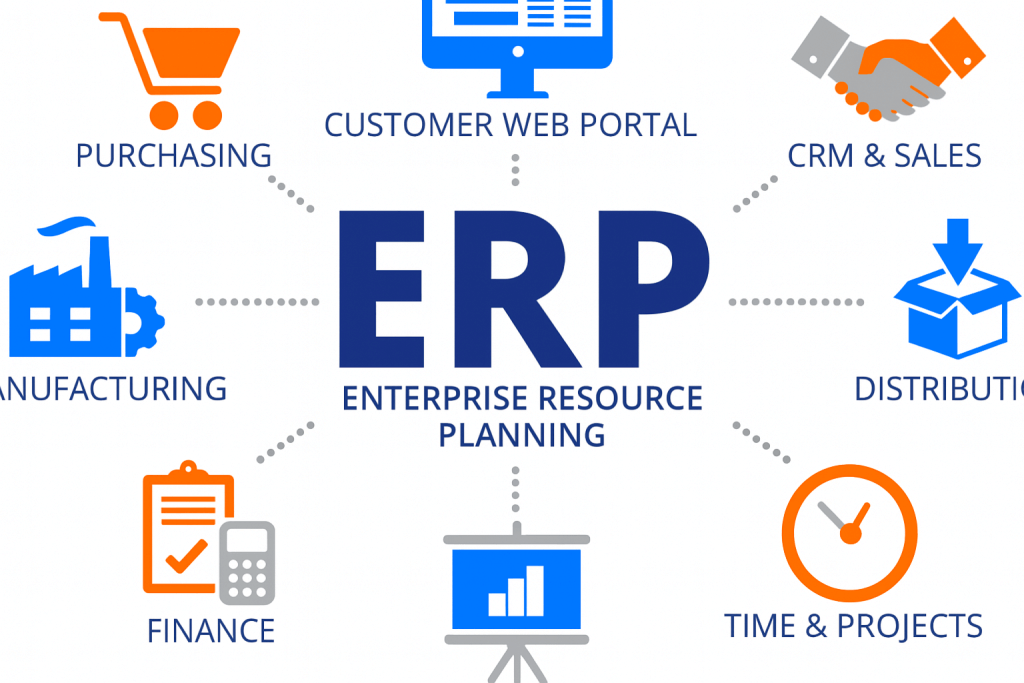
Enterprise Resource Planning (ERP): At the pinnacle of business applications often sits ERP. This integrated suite of software applications manages core business processes, including finance, human resources, manufacturing, supply chain, services, procurement, and more. An ERP system acts as a central nervous system for an organization, unifying data and processes across various departments, eliminating silos, and providing a holistic view of operations, leading to better decision making and streamlined workflows.
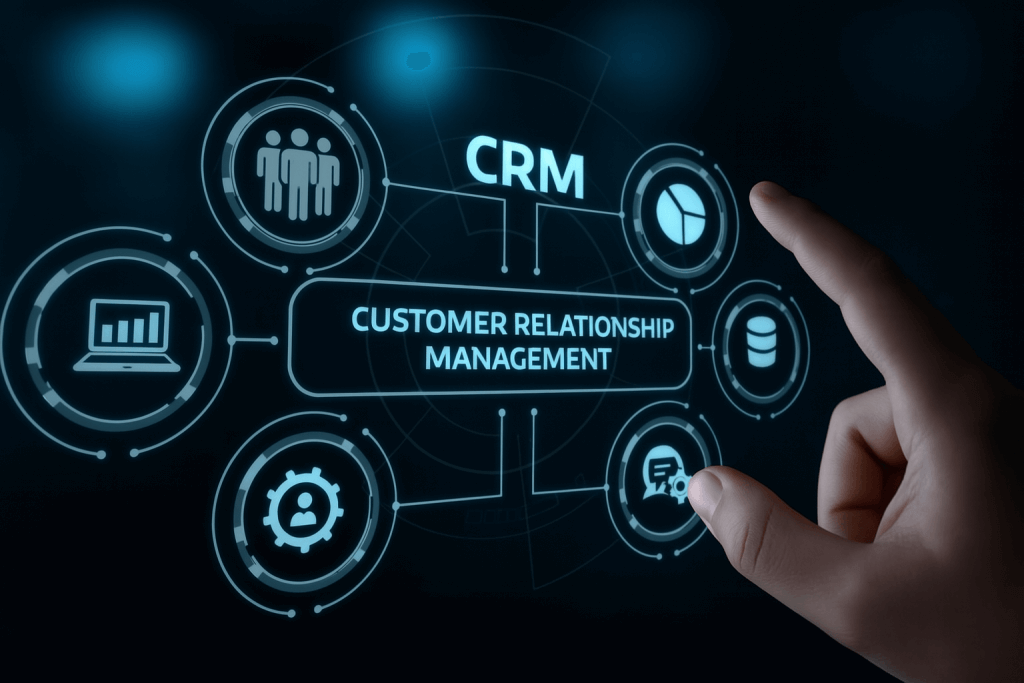
Customer Relationship Management (CRM): In an era where the customer is king, CRM systems are paramount. These applications help businesses manage and analyze customer interactions and data throughout the customer lifecycle. The goal is to improve business relationships with customers, assist in customer retention, and drive sales growth. A CRM system compiles customer data from a range of different communication channels including a company’s website, telephone, email, live chat, marketing materials, and more. It offers a 360-degree view of the customer, enabling personalized engagement and fostering long-term loyalty. This focus on customer experience is vital in competitive markets.
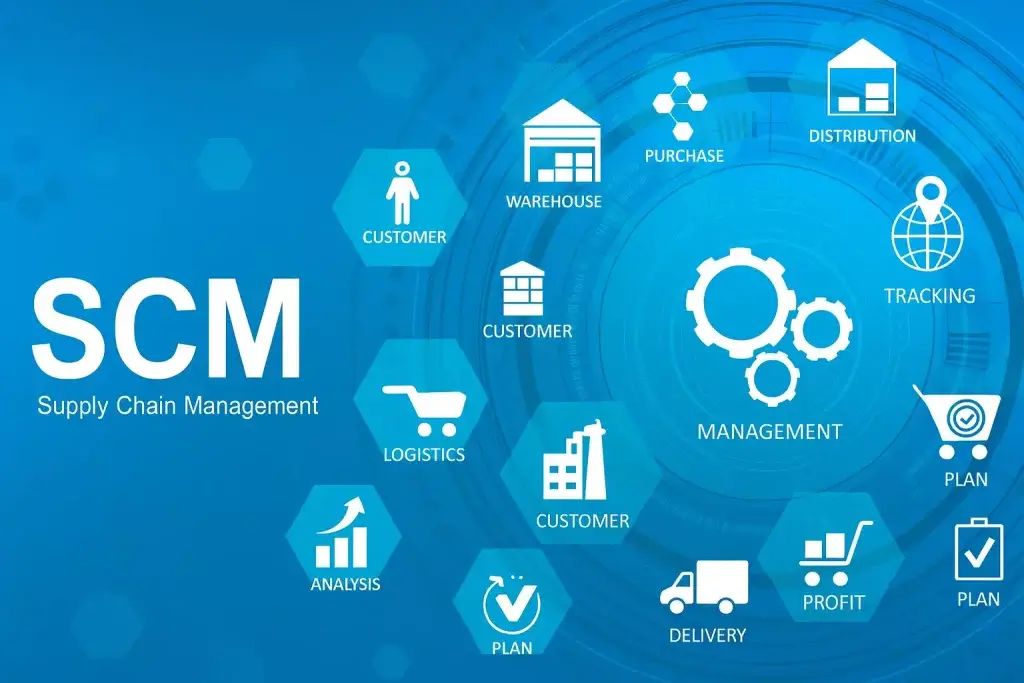
Supply Chain Management (SCM): For businesses dealing with physical goods, SCM applications are critical. They help manage the flow of goods and services, from the origin of raw materials to the delivery of the final product. This includes everything from procurement and logistics to inventory management and order fulfillment. Effective SCM optimizes efficiency, reduces costs, and ensures timely delivery, all of which are crucial for customer satisfaction and operational excellence.
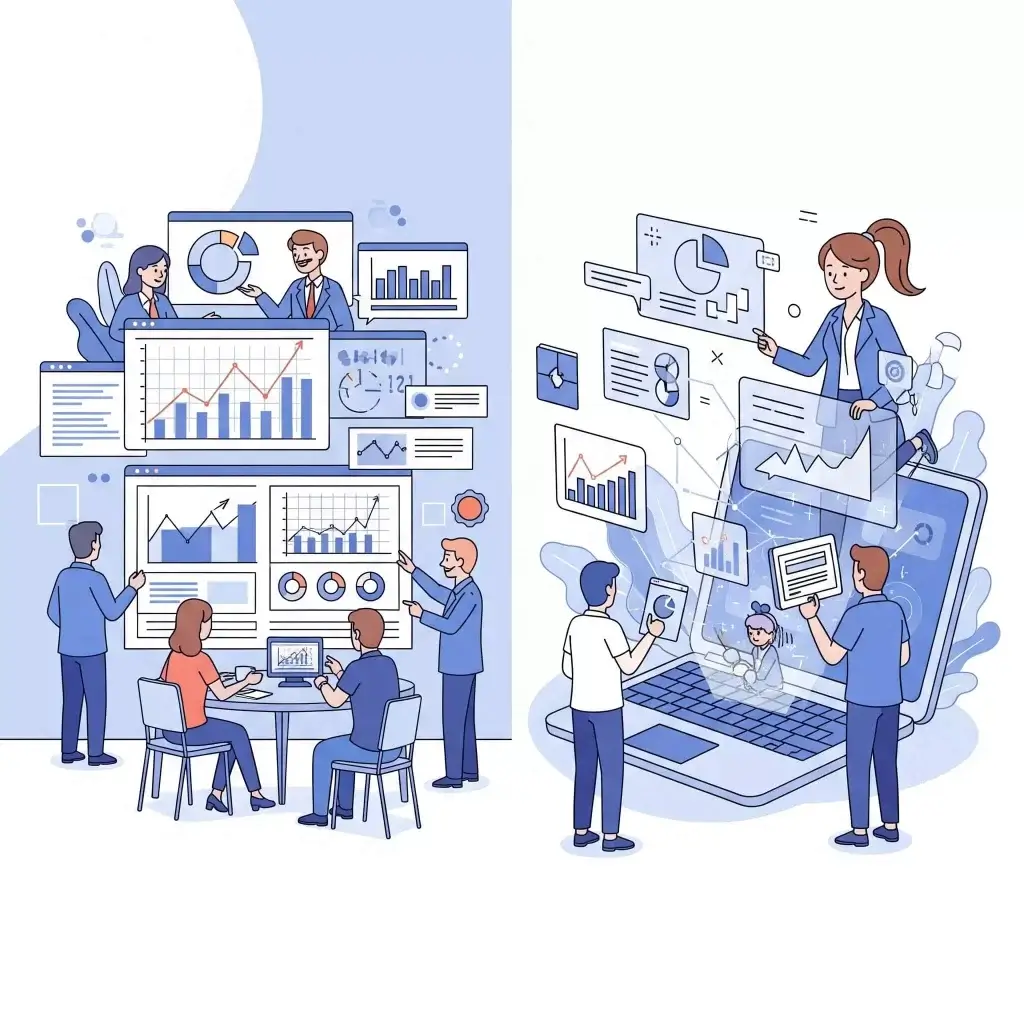
Business Intelligence (BI) and Data Analytics: In the digital age, data is the new oil. BI and data analytics applications transform raw data into meaningful and actionable insights. They help businesses understand past performance and predict future trends, allowing for data-driven decision-making. These tools leverage sophisticated algorithms to uncover patterns, identify opportunities, and mitigate risks, providing a significant edge in a competitive market. The ability to harness and interpret big data is a defining characteristic of successful modern enterprises.
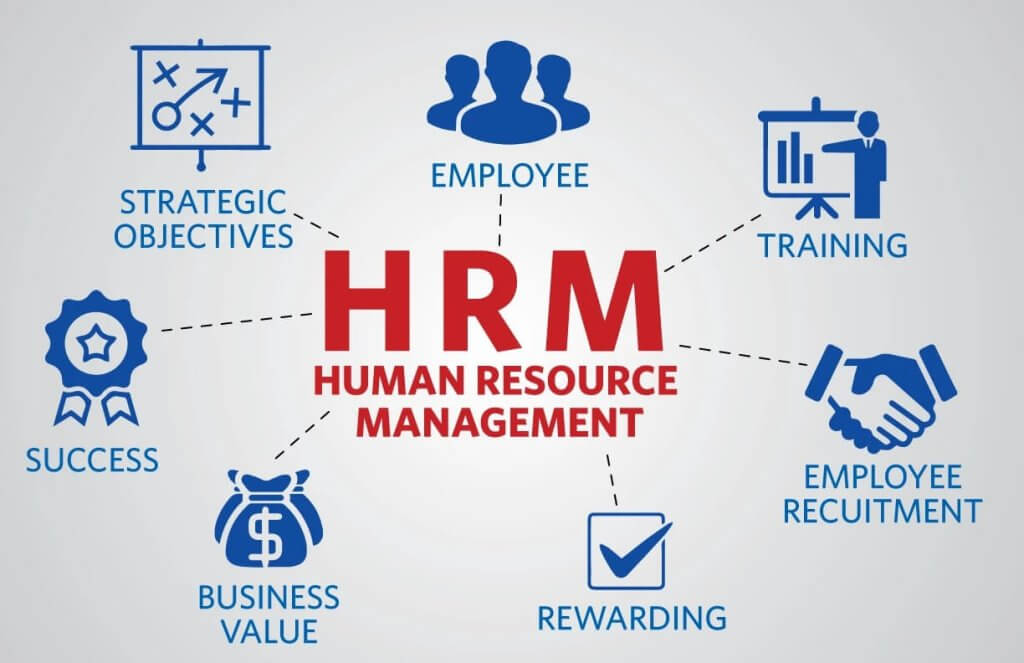
Human Resources Management (HRM) Software: Managing a workforce is complex, and HRM software simplifies this challenge. These applications handle everything from recruitment and onboarding to payroll, performance management, and employee benefits. They ensure compliance, improve employee engagement, and streamline HR processes, allowing HR professionals to focus on strategic initiatives rather than administrative burdens.
Project Management Software: For organizations that undertake numerous projects, this software is invaluable. It helps teams plan, execute, and track projects, manage resources, and collaborate effectively. These tools ensure projects are delivered on time and within budget, fostering accountability and transparency within project teams.

E-commerce Platforms: In the realm of online retail, e-commerce platforms are the storefronts and operational hubs. They enable businesses to sell products and services online, manage product catalogs, process payments, and handle orders. These platforms are crucial for businesses seeking to expand their reach beyond physical locations and tap into global markets.
This diverse array of applications illustrates how deeply ingrained they are in every facet of a modern business, each playing a vital role in the intricate machinery of digital commerce.
The Undeniable Impact on Modern Business

The pervasive presence and sophisticated capabilities of business applications have had a profound and undeniable impact on the modern business landscape.
Increased Efficiency and Productivity: This is perhaps the most immediate and tangible benefit. By automating processes, streamlining workflows, and providing centralized access to information, business applications dramatically enhance operational efficiency. This leads to higher productivity, allowing businesses to achieve more with fewer resources.
Improved Decision Making: With access to real-time data and powerful analytics tools, business leaders can make more informed and strategic decisions. Gone are the days of relying solely on intuition; now, decisions are backed by hard data and actionable insights, reducing risk and increasing the likelihood of successful outcomes.
Enhanced Scalability and Flexibility: The modular and cloud-based nature of many modern business applications provides businesses with unprecedented scalability. They can easily expand or contract their technological infrastructure to match fluctuating demand or growth strategies, without significant upfront investment. This flexibility is crucial in a dynamic market.
Competitive Advantage: Businesses that effectively leverage cutting-edge applications gain a significant competitive edge. They can respond faster to market changes, innovate more rapidly, and deliver superior customer experiences, setting themselves apart from rivals. Staying abreast of the latest enterprise software trends is not just an option, but a necessity for sustained growth.
Cost Reduction: While initial investments in robust business applications can be substantial, the long-term benefits often include significant cost reductions. These come from increased efficiency, reduced operational errors, optimized resource utilization, and the ability to scale without heavy infrastructure costs.
Global Reach and Accessibility: Business applications break down geographical barriers, enabling businesses to operate on a global scale and reach customers worldwide. Cloud-based solutions ensure that operations can be managed and accessed from anywhere, fostering a truly global enterprise.
The Future Trajectory Ever Evolving Applications
The journey of business applications is far from over. The future promises even more sophisticated and intelligent solutions. We can anticipate deeper integration of AI and machine learning, leading to highly predictive and autonomous systems. The rise of blockchain technology may also influence how transactions are recorded and secured within business applications.
In essence, business applications will continue to be at the forefront of technological innovation, constantly evolving to meet the complex and dynamic demands of the digital world. Their ability to adapt, integrate, and intelligently process information will remain critical for businesses aiming not just to survive, but to thrive in the years to come. Understanding their true nature and embracing their potential is no longer an option, but a prerequisite for success in the modern business arena.
Contact us today to explore how tailored business application strategies can transform your enterprise and propel you into the future of the digital economy.

